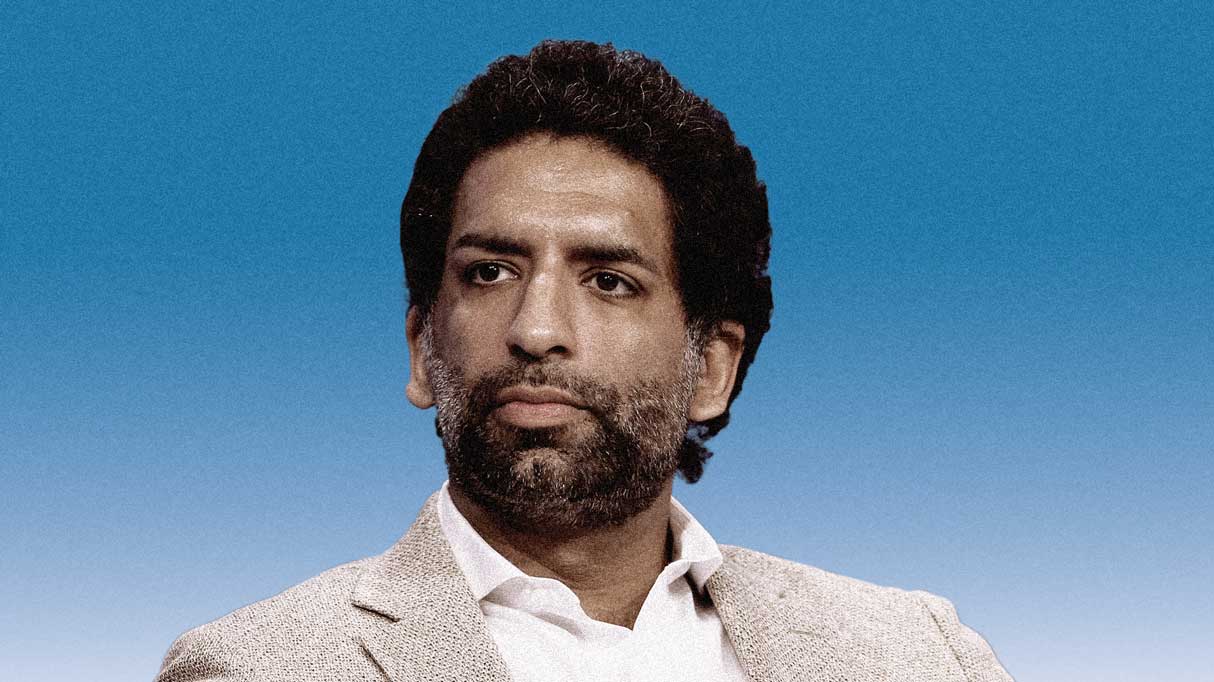Uber's first day on Wall Street: "High level of angst" depresses stock price
Uber made its public market debut on the New York Stock Exchange, where shares opened at $42 apiece Friday -- well below the $44-to-$50 range set by the ridesharing company. The stock, which was priced at $45 on Thursday -- valuing all of Uber at roughly $82 billion -- quickly tumbled in what was widely considered to be a disappointing debut for one of the most-anticipated initial public offerings in years.
Analysts pointed to competitor Lyft's abysmal performance since it went public in March, combined with macroeconomic factors swirling around Wall Street all week -- especially U.S.-China trade tensions -- for Uber's choppy start.
"It's not ideal for the stock to be trading below its IPO price, but it speaks to the nervousness among tech investors and the general market," said Wedbush securities analyst Daniel Ives. "There is a high level of angst given the trainwreck that was Lyft."
Shares of Uber closed at $41.57 Friday, down more than 7 percent. Despite the less-than-stellar opening-day performance, investors shouldn't ascribe too much significance to it, Wall Street pros said.
Ives pointed to the jump in price of Lyft's stock on its first day of trading compared to how it has fared since, down nearly 30 percent over the last six weeks. "How the stock trades over the next few days and weeks is crucial, because Lyft traded up on its first day and has dropped like a rock since," he said.
Leisurely ride to profits?
Uber is taking what diplomatically could be called a long-term approach to profitability, with a futuristic vision for transportation. The 10-year-old company has yet to make a profit and lost $3 billion in 2018 alone as it invests in new services, like Uber Eats and Uber Freight, seeks to attract new riders and drivers, and invests in autonomous vehicle technology.
"This is just one point in time in what is going to be a long history for this stock in the future," said Eric Kim of Goodwater Capital. He believes the company's path to profitability will be through its expansion into global markets, citing Uber's large equity stakes in international ridesharing companies Didi, Grab and Yandex. "The combination of its strong unit economics plus these large equity stakes in their international peers are under-appreciated overall," he said.
Investors -- at least those in it for the long haul -- need not fret. Analysts were mostly nonplussed by the first-day drop.
Rett Wallace, co-founder and CEO of Triton Research, ascribed the stock's lackluster performance to investor fatigue as a rough week on Wall Street concluded. "People are just ready for the weekend and are thinking, 'Thank god it's over,'" he said. "It was done in a way that is aesthetically imperfect, but mission accomplished, and now they can go figure out how to change the world with public investors instead of private investors."
"Disruptive technology"
"We are not surprised by the short-term volatility," said Asad Hussain, an analyst of emerging tech companies at Pitchbook. "We are more focused on looking at the underlying business model, and overall, we are pretty positive about the disruptive technology of ridesharing. Uber's exposed to a large market opportunity and it's bolstered by a strong secular tailwind, so we see a long runway of growth ahead for Uber," he said.
Kathleen Smith, co-founder of Renaissance Capital and manager of an IPO exchange traded fund that includes Lyft and will soon include Uber, said it's not unusual for a large IPO to make a turbulent entry into the market. "Facebook also had a tumultuous start and ended up fine," she said of the social network's IPO back in 2012.



